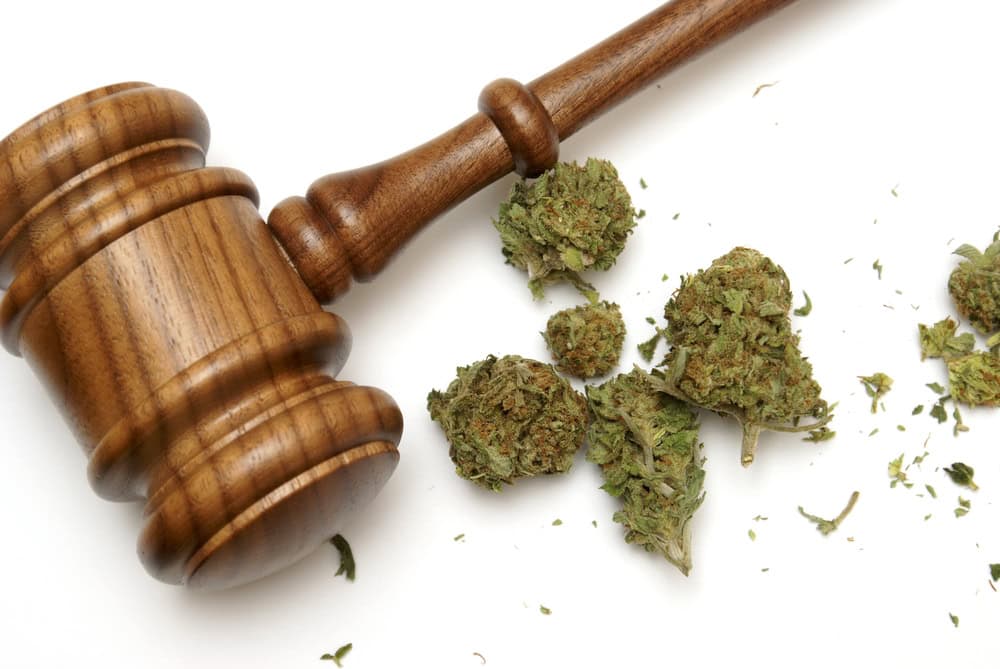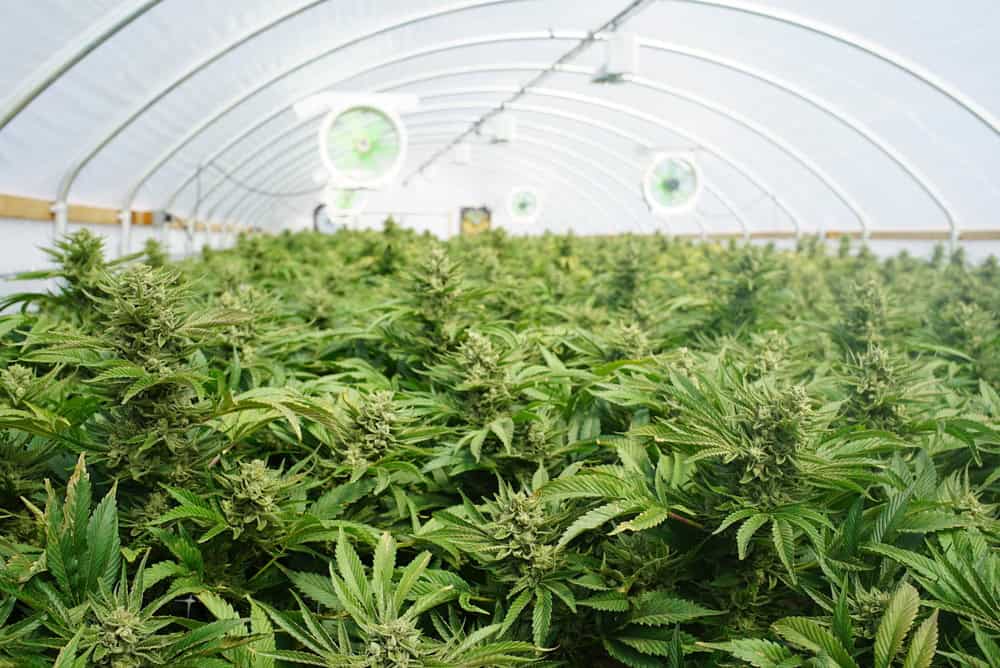Cannabis: From Stoner Stereotypes to Big Business
Cannabis has a rich history that dates back thousands of years. People from various cultures were using it for medicinal, industrial, and recreational purposes. However, its image took a significant turn in the early to mid-20th century, largely due to a combination of factors, including political, cultural, and media influences.
Early Stereotypes and Taboo Status
The early stereotypes around cannabis emerged as a result of a deliberate campaign to create a negative image. Commonly referred to as "reefer madness," this propaganda portrayed users as reckless individuals who were prone to violent and criminal behavior.
The term "stoner" was coined during this era to describe those who consumed cannabis. Popular culture and media often depicted "stoners" as lazy individuals who spent their days in a haze of smoke, doing little more than consuming cannabis and junk food. This depiction further contributed to the taboo status of cannabis.
To exacerbate the stigma and taboo around cannabis, governments began implementing strict policies against its use. For instance, the US initiated the War on Drugs in the 1970s, which had a significant impact on shaping public perception. Under this policy, cannabis was classified as a Schedule I drug, alongside substances like heroin and LSD, implying a high potential for abuse and no accepted medical use. This classification reinforced the negative image of cannabis and portrayed it as a dangerous substance.
The taboo surrounding cannabis was further perpetuated by strict legal penalties for its possession, sale, or cultivation. People caught with even small amounts of cannabis could face severe legal consequences, including imprisonment.
The Shift in Public Perception

The public perception has undergone a radical transformation over the past few years. As more information became available about the plant’s medicinal and recreational properties, people were able to make informed decisions and challenge long-held misconceptions.
Moreover, cultural and societal shifts have played a pivotal role. Cannabis use is becoming increasingly normalized in many societies, and its association with the counterculture has faded as it becomes a mainstream topic. The taboo transformation is particularly pronounced among younger generations, who are more open to exploring the potential benefits of cannabis.
Advocacy groups and awareness campaigns have also played a crucial role in altering the public's perspective on cannabis. These initiatives have highlighted the potential benefits and debunked common myths associated with cannabis.
Through these campaigns, the public has been exposed to compelling stories of patients who have found relief from debilitating medical conditions through the use of medicinal cannabis. Additionally, these efforts have highlighted the disparities in cannabis enforcement, particularly along racial and socioeconomic lines, which has led to a reevaluation of the justice system's approach to cannabis-related offenses.
As a result of these collective efforts, many people now view cannabis through a more nuanced lens. While some may choose to use it recreationally, others are increasingly considering its medicinal applications and the potential benefits it may offer in managing a range of health conditions. This shift in public perception has set the stage for the broader acceptance of cannabis and its evolution from stoner stereotypes to a legitimate and thriving industry.
Today, 23 states, along with Washington DC, and Guam have legalized recreational marijuana. 38 states and DC have legalized medical marijuana. But it still remains illegal under federal law.
Medical Benefits and Scientific Research
Scientific research has unveiled the vast therapeutic potential of cannabis, which has a long history of use for its medicinal properties. Central to its effectiveness are compounds known as cannabinoids, with two of the most prominent being cannabidiol (CBD) and delta-9-tetrahydrocannabinol (THC).
Cannabinoids and Their Applications
Cannabinoids interact with the body's endocannabinoid system, which plays a critical role in regulating various physiological processes. Through this interaction, cannabis has shown promise in a range of medical applications, including:
- Pain Management: To alleviate chronic pain conditions, including neuropathic pain, arthritis, and post-surgery pain. CBD, in particular, has gained attention for its potential analgesic properties.
- Epilepsy Control: The use of CBD-rich cannabis products, such as Epidiolex, has significantly reduced the frequency and severity of seizures in patients with rare forms of epilepsy.
- Nausea and Vomiting Relief: THC-based medications can potentially mitigate nausea and vomiting associated with chemotherapy and radiation therapy in cancer patients.
- Anxiety and Mental Health: CBD has shown potential in reducing anxiety and addressing mental health disorders like social anxiety disorder, post-traumatic stress disorder, and general anxiety disorder.
- Inflammation Reduction: Cannabis exhibits anti-inflammatory properties and may be beneficial in managing conditions like Crohn's disease and rheumatoid arthritis.
- Appetite Stimulation: THC has been used to stimulate appetite in patients suffering from conditions that result in severe weight loss, such as AIDS-related wasting syndrome.
Ongoing Research
The medical benefits of cannabis are still an active area of research. Studies continue to explore its potential in various medical contexts, such as cancer treatment, neurodegenerative diseases, and chronic pain management. With further scientific investigation and growing acceptance, the scope of cannabis as a legitimate medical option continues to expand, offering hope for patients seeking alternative treatments and improved quality of life.
Economic Impact as a Legalized Business

The legalization of cannabis in various regions has given rise to a legitimate and regulated cannabis industry. In contrast to the underground and illicit market of the past, the legal cannabis industry is now subject to government oversight, taxation, and regulation.
One of the most significant effects of cannabis legalization is the substantial economic boost it generates. This industry growth extends to several key areas, including tax revenues, job creation, ancillary businesses, cannabis tourism, real estate development, and export opportunities. Supply chain businesses like lighting and irrigation suppliers, testing laboratories, and transportation companies have also boomed.
Challenges and Responsibilities Facing the Budding Business
As the cannabis industry continues to expand, it encounters a set of challenges and responsibilities that are essential to ensure its sustainable growth. These include:
Strict Regulatory Adherence
People running marijuana dispensaries and other businesses in the industry must comply with existing regulations and stay up-to-date with any changes. This means investing in systems and processes that facilitate compliance, including product testing and quality control. But it can be challenging, especially since the regulations are always changing.
Educational Initiatives
Businesses, advocacy groups, and overseeing government agencies have a responsibility to educate the public about responsible cannabis use. This includes addressing misconceptions and providing clear information about dosages, potential health risks, and safety measures. Marijuana use can lead to addiction, with reports showing that 3 in 10 people who use marijuana have marijuana use disorder.
Responsible Marketing
Cannabis businesses should uphold ethical marketing practices and avoid targeting or appealing to minors. They must also adhere to advertising restrictions and guidelines while conveying their products' benefits to adults. Another challenge is that social media platforms like Facebook don’t accept marijuana-related ads, and outdoor advertising is prohibited.
Getting FDA Approval
At the moment, the FDA has only approved two medications that contain CBD. There’s an interest in the drug industry to use marijuana for different conditions like seizures, cancer, neuropathic pain, AIDs wasting syndrome, glaucoma, etc. However, the FDA has neither approved nor recognized the plant as a medicine for any condition. Getting an FDA approval will probably take many years and lots of money. If the drugs ever get approved, the FDA would determine how companies advertise, including what they say.
As the cannabis industry continues to flourish and mature, responsible growth and regulation are of utmost importance. It is through these efforts that the industry can pave the way for a more informed, inclusive, and sustainable future. In the spirit of this cannabis evolution, it is noteworthy that individuals who may be struggling with cannabis addiction can find support and treatment. More Than Rehab offers a dedicated treatment program for cannabis addiction, with an emphasis on compassionate and evidence-based approaches.